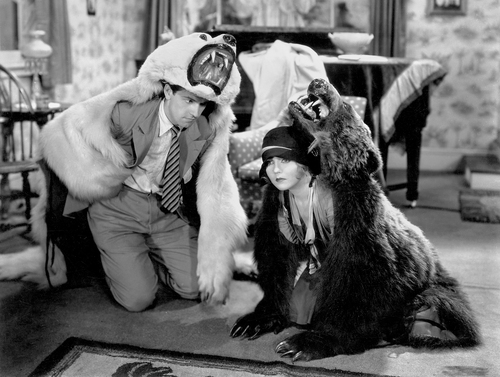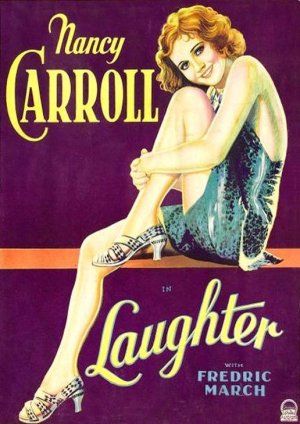From The Unquiet American: Transgressive Comedies from the U.S., a book-length catalogue for a retrospective I put together for the Viennale in 2009, adapted and expanded from a catalogue entry for Il Cinema Ritrovato the same year. — J.R,.
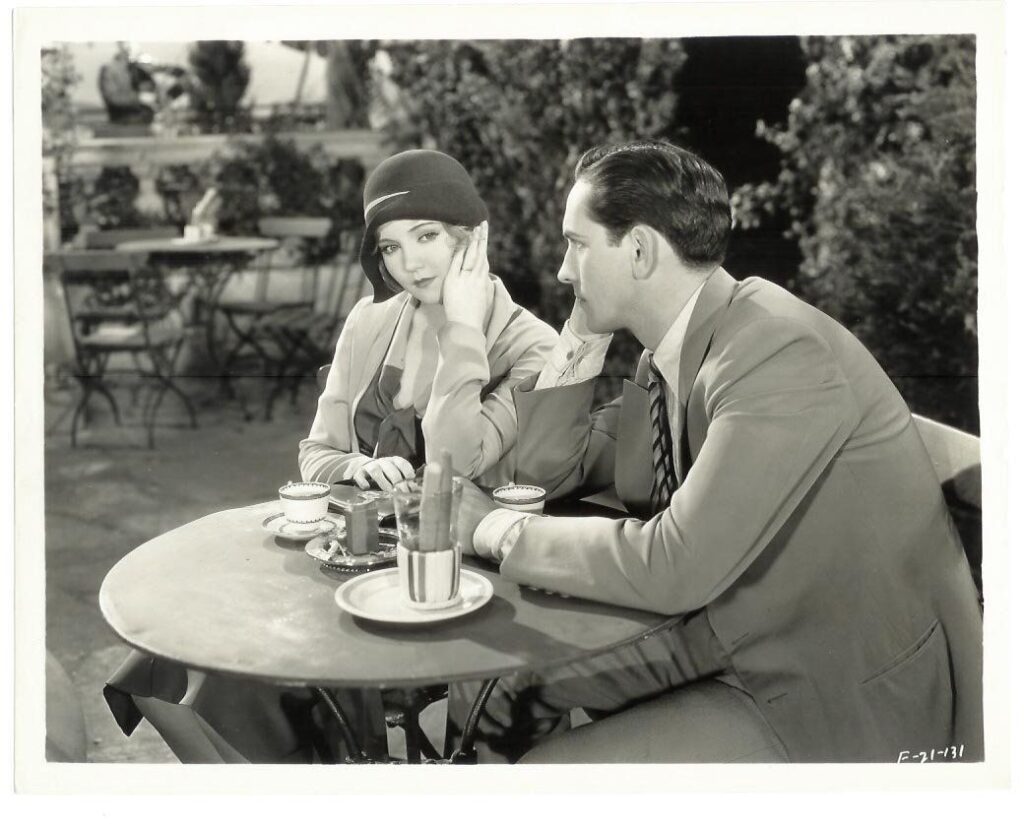
LAUGHTER
Harry d’Abbadie d’Arrast (1897-1968) – a French-Basque aristocrat who was born in Buenos Aires and died in Monte Carlo – made eight films, all between 1927 and 1935, and apparently many of these are lost. (He was fired from the early talkie Raffles –which seems to retain a few d’Arrastian qualities – and replaced by George Fitzmaurice, and reportedly he also did some uncredited work on Wings. It appears that he also had a lot to do with the preparation of one of my favorite musicals, Hallelujah, I’m a Bum!(1933), according to the late Pierre Rissient, which wound up being directed by Lewis Milestone.)
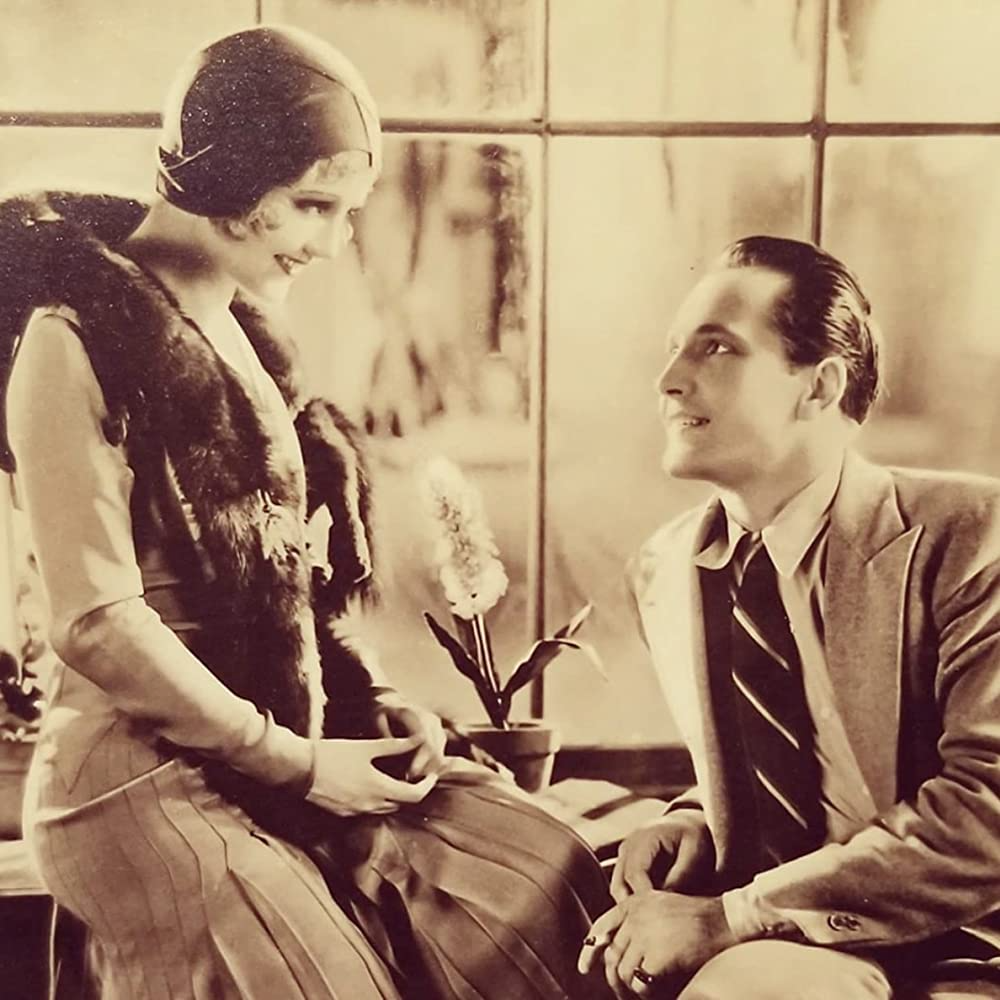
I’ve seen only three of his films – A Gentleman of Paris(1927), Laughter (1930), and Topaze (1933) –and all of these are pretty remarkable. (The latter is a Pagnol adaptation with one of John Barrymore’s most touching performances.) As far as I know, the only one who ever wrote about this figure in any detail was Herman G.Weinberg in his book Saint Cinema. . D’Arrast worked as Parisian advisor on A Woman of Parisand as assistant director on The Gold Rush. So it’s reasonable to place his own films squarely in the School of Chaplin – particularly the Lubitsch branch emanating from A Woman of Paris – but the absence of most of his work today makes it hard to generalize. And clearly d’Arrast differed from both Chaplin and Lubitsch by having been born into a world of privilege.
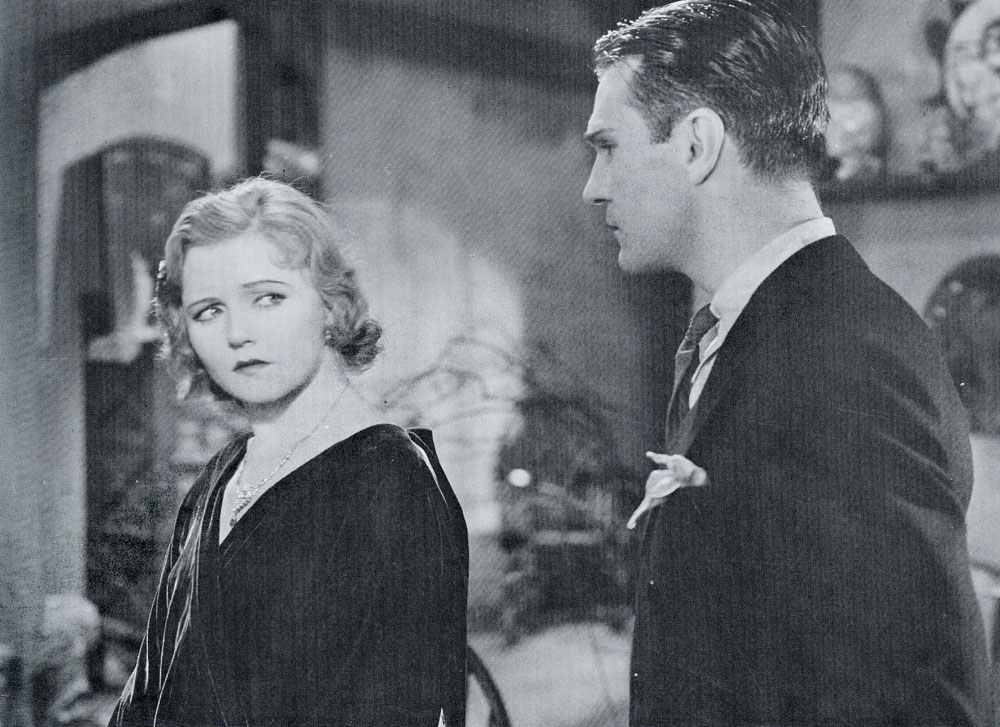
Donald Ogden Stewart, the principal screenwriter of Laughter, also wrote about the high life of the spoiled rich from the inside (as reflected not only in his cynical, classic short story “The Secret of Success,” but also in his work forMcCarey, Lubitsch, and, especially,Cukor). He was one of the Algonquin wits who went with Hemingway on his jaunts to Pamplona, Reportedly he became a radical (and later a blacklisted European exile) only after linking up with Ella Winter, the ex-wife of Lincoln Steffans, in the mid-30s. But the seeds of his discontent are already apparent in his original script for d’Arrast’s first talkie, produced by Herman Mankiewicz – a despairing comedy that flopped commercially even while it had a certain critical success. Glenn Anders, who would later play Grisby in The Lady from Shanghai, costars with Nancy Carroll, Fredric March, Frank Morgan, and Diane Ellis (in a part originally planned for Carole Lombard).

